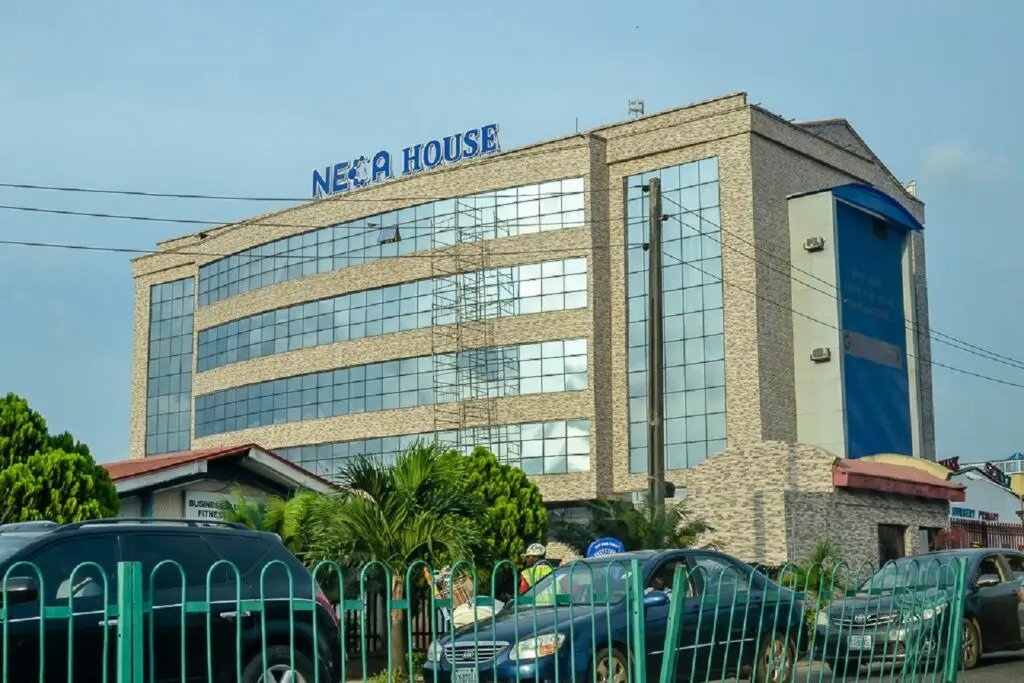ANALYSIS: Shift in CBN forbearance is new chapter for Nigerian banks
As the impact of the COVID-19 pandemic diminishes, the Central Bank of Nigeria (CBN) is undertaking a significant initiative that promises to reshape the financial landscape in the country. The CBN’s regulatory forbearance, initially introduced as a crucial support mechanism for banks during the crisis, facilitated essential loan restructuring, interest rate relief, and moratoriums. These measures were vital in stabilising a banking sector that had been heavily affected by non-performing loans (NPLs), with notable benefits observed in the oil and gas, agriculture, and power industries. However, in June 2025, the CBN announced a phased withdrawal of these measures, indicating a move towards more rigorous regulatory oversight aimed at ensuring long-term financial stability.
1. Suspension of Dividends and Bonuses: Banks still under forbearance are required to suspend dividend payments to shareholders, defer executive bonuses, and refrain from new international investments until they successfully exit forbearance and comply with capital adequacy standards as verified by the CBN.
2. Focus on Capital Preservation: These new directives aim to enhance the capital buffers of banks and improve their balance sheet resilience against ongoing economic challenges, including foreign exchange volatility and inflation.
3. Defined Scope: It is important to note that these restrictions primarily affect a select group of banks that remain in the transition from pandemic aid and do not reflect the overall robustness of the banking sector, which continues to demonstrate fundamental strength.
Seven prominent banks—Zenith, Access, FBN Holdings, UBA, Fidelity, FCMB, and GTCO—are now in focus. Collectively, they manage over $4 billion in forborne loans, mostly within the oil and gas industry. Individual exposures among these banks range from $60 million for GTCO to $910 million for Zenith.
Financial Pressures Ahead: As the CBN gradually concludes its forbearance measures, some banks may see their NPL ratios exceed the regulatory threshold of 5 per cent. With provisioning coverage as low as 52.4 per cent for certain institutions, banks such as UBA and First Bank may encounter significant challenges regarding their earnings and capital.
Capital Adequacy Goals: Fortunately, many banks are positioned to meet the new capital requirements ahead of the March 2026 recapitalisation deadline. For instance, both Zenith and Access have already exceeded the minimum capital thresholds mandated for international banks.
The Nigerian Exchange (NGX) experienced a notable reaction, with the All-Share Index declining by 0.30 per cent, settling at 114,910.16 points on 17 June. This was primarily influenced by negative sentiment surrounding notable banks, including UBA (-5.57%) and Access (-2.2%).
Bank Strategies:
● Zenith Bank aimed to exit forbearance by 30 June 2025, having limited exposure to just three customers and positioned to issue interim dividends.
● Access Bank prepared for a similar exit by the same date, ensuring compliance with single obligor limits while maintaining robust capital buffers.
● FCMB disclosed a total of N207.6 billion in forborne loans as of May 2025, anticipating a short-term increase in NPLs to 11.5 per cent, yet remains optimistic about fulfilling capital requirements by July 2025.
The actions taken by the CBN mirror global trends in post-crisis regulatory tightening, similar to actions observed in the United States and Europe. Nigerian banks now confront stringent capital requirements, such as an 11.25 per cent Tier 1 capital ratio compared to Basel III’s 6 per cent. Previous CBN interventions included loan restructuring initiatives in 2020, extensions of interest rate forbearance between 2021 and 2022, and restrictions on FX revaluation gains being distributed as dividends in 2023. The International Monetary Fund (IMF) has urged the CBN to unwind forbearance measures, cautioning against prolonged relief, which may create distortionary risks. CBN Governor Olayemi Cardoso has maintained a firm commitment to ending forbearance by December 2024, allowing for a six-month grace period despite industry calls for extensions.
Short-Term Challenges: As banks adjust to these measures, they may experience reduced profits, tighter liquidity, and a heightened need for provisions, particularly those disadvantaged by exposure to the oil and gas sector.
Long-Term Stability: The CBN’s phased strategy aims to reinforce prudent risk management while carefully managing the transition sector by sector, with the power sector leading the way out of forbearance, followed by oil and gas.
Investor Considerations: For investors, attention should turn to evaluating banks’ loan quality, adequacy of provisions, and overall capital strength. Institutions such as GTCO and Zenith, which have actively made provisions, are likely to withstand the challenges more effectively.
The gradual unwinding of forbearance reflects the CBN’s careful balancing act: fostering financial discipline while navigating Nigeria’s complex economic environment. While most banks exhibit resilience, those with weaker financial buffers may face increased scrutiny as they adapt to this evolving landscape.
You may also like...
Diddy's Legal Troubles & Racketeering Trial

Music mogul Sean 'Diddy' Combs was acquitted of sex trafficking and racketeering charges but convicted on transportation...
Thomas Partey Faces Rape & Sexual Assault Charges

Former Arsenal midfielder Thomas Partey has been formally charged with multiple counts of rape and sexual assault by UK ...
Nigeria Universities Changes Admission Policies

JAMB has clarified its admission policies, rectifying a student's status, reiterating the necessity of its Central Admis...
Ghana's Economic Reforms & Gold Sector Initiatives

Ghana is undertaking a comprehensive economic overhaul with President John Dramani Mahama's 24-Hour Economy and Accelera...
WAFCON 2024 African Women's Football Tournament

The 2024 Women's Africa Cup of Nations opened with thrilling matches, seeing Nigeria's Super Falcons secure a dominant 3...
Emergence & Dynamics of Nigeria's ADC Coalition

A new opposition coalition, led by the African Democratic Congress (ADC), is emerging to challenge President Bola Ahmed ...
Demise of Olubadan of Ibadanland
Oba Owolabi Olakulehin, the 43rd Olubadan of Ibadanland, has died at 90, concluding a life of distinguished service in t...
Death of Nigerian Goalkeeping Legend Peter Rufai

Nigerian football mourns the death of legendary Super Eagles goalkeeper Peter Rufai, who passed away at 61. Known as 'Do...






